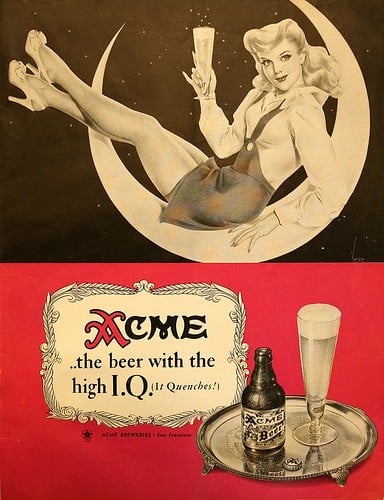I’m just trying to understand. Erdogan in Turkey, Putin in Russia, Orban in Hungary etc… Why do these leaders still get so much support after all they’ve done? What do they exactly like about them?
Aren’t these people seeing a massive drop in their quality of life?


I guess a lot of it must be the belief that things could be better, that a country, organisation, etc is actually capable of so much more, but is holding back, and it just needs someone with the will to actually use it.
It reminds me a bit of Fargo, season 3 I think? Two of the main characters are getting constantly outplayed, but are still generally keeping to the confines, rules and routines of their regular lives. One of them, who is trying to deal with it, asks to be ‘unleashed’, to try and deal with the problem directly, no restrictions, the other eventually gives him permission. The guy sets out full of resolve and confidence, but ultimately falls completely flat, because really, pretty much nothing was being ‘held back’, and this direct approach also cost them their status. I think of it a lot looking at Russia at the moment, they could always do X if they really wanted to, but they don’t, but they could. Now they’ve crossed that line, and it has cost them dearly, but they had less in reserve than they seemed to think, now they will hint at more mobilisation, industrial capacity, etc to seem like they’re holding back.
When things are bad in some way, very few people are willing to accept that this is likely the best they can expect. The belief that they could do something if they wanted, is quite the cope, and if they actually do want to do the thing, then they will look to ‘strong’ leaders who claim to have the will to do just that. Then they usually flop.
Sometimes, though, this is completely true, as with your example, Napoleon was someone capable of unlocking the potential of France that had been held back initially by conservative ideas, then by factionalism and instability. But that was an example of extreme internal turmoil, that he was able to fix, while also being a legitimate genius, able to implement ideas decades ahead of his time, with an almost singular focus and determination. I don’t like Napoleon, but I have a great deal of respect for him, especially the earlier part of his career.
People always look for simple answers. Simple things that ‘need to be done’ to get the right outcome. It may be nationalising companies, eating the rich, building the wall, destroying Carthage or taking the Sudetenland. The question is; 1. will these actions achieve the outcomes they seek, and b) what will it cost? Because it’s easy to look at politicians as being malicious, scheming and evil, but really, if there’s such an easy fix to massively improve everyones’ lives, even if they don’t entirely agree on an ideological level, it will secure votes for them for decades, so it will usually be done regardless. The only reason it wouldn’t is when they are worried that the cost will outweigh the benefit.